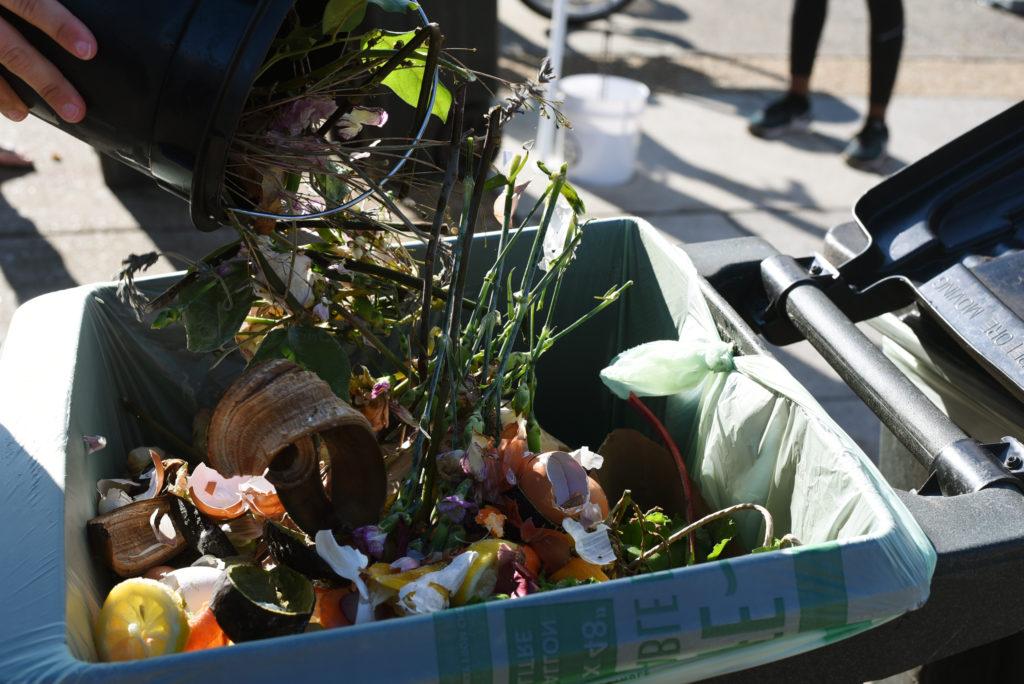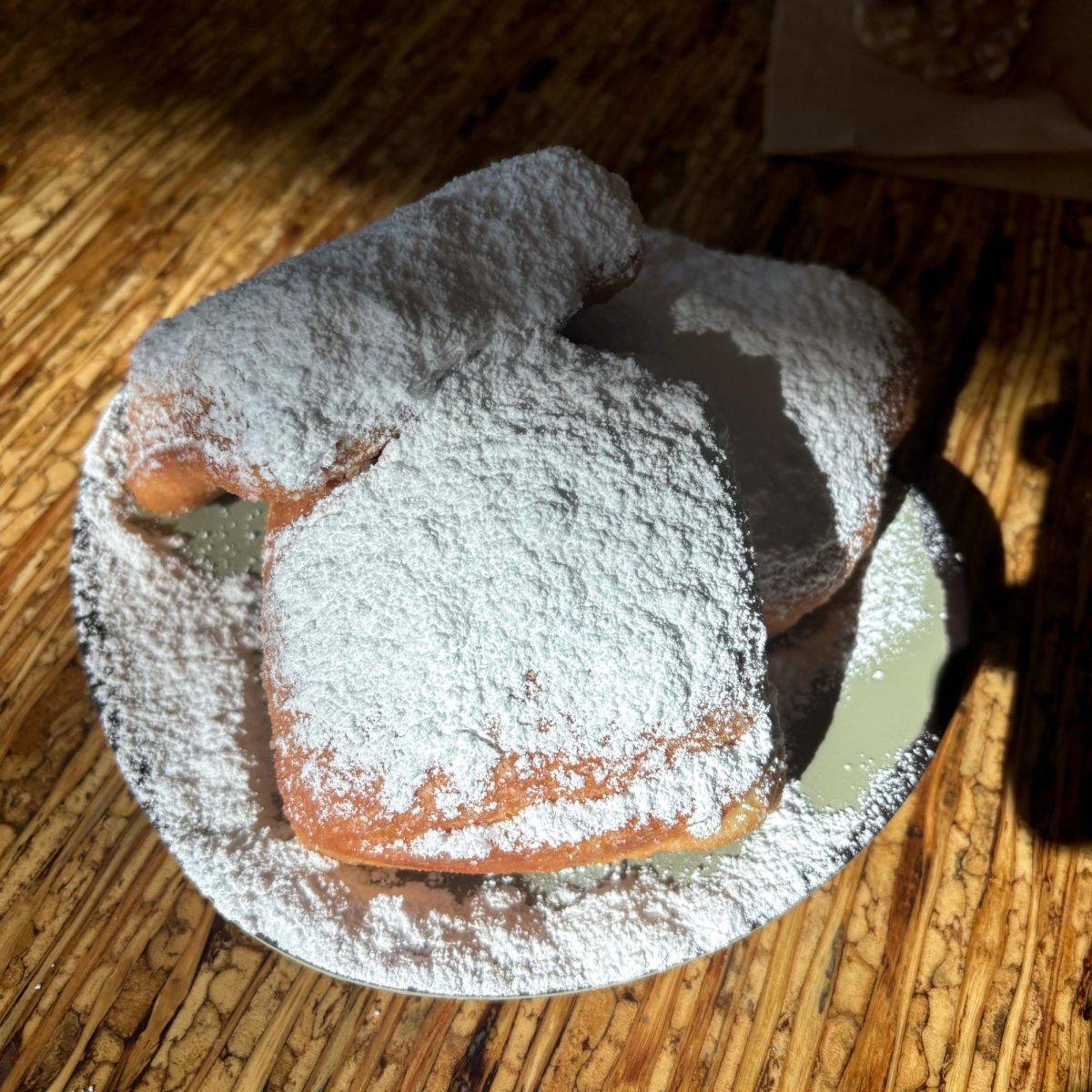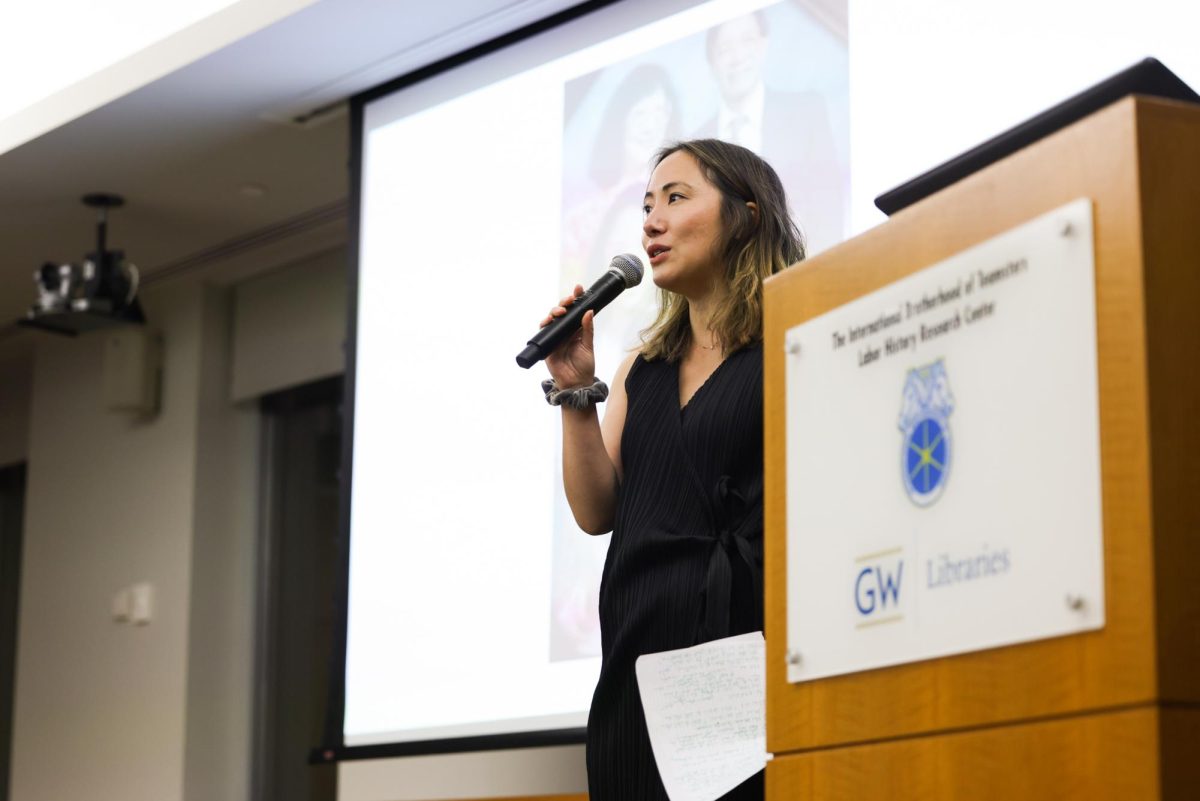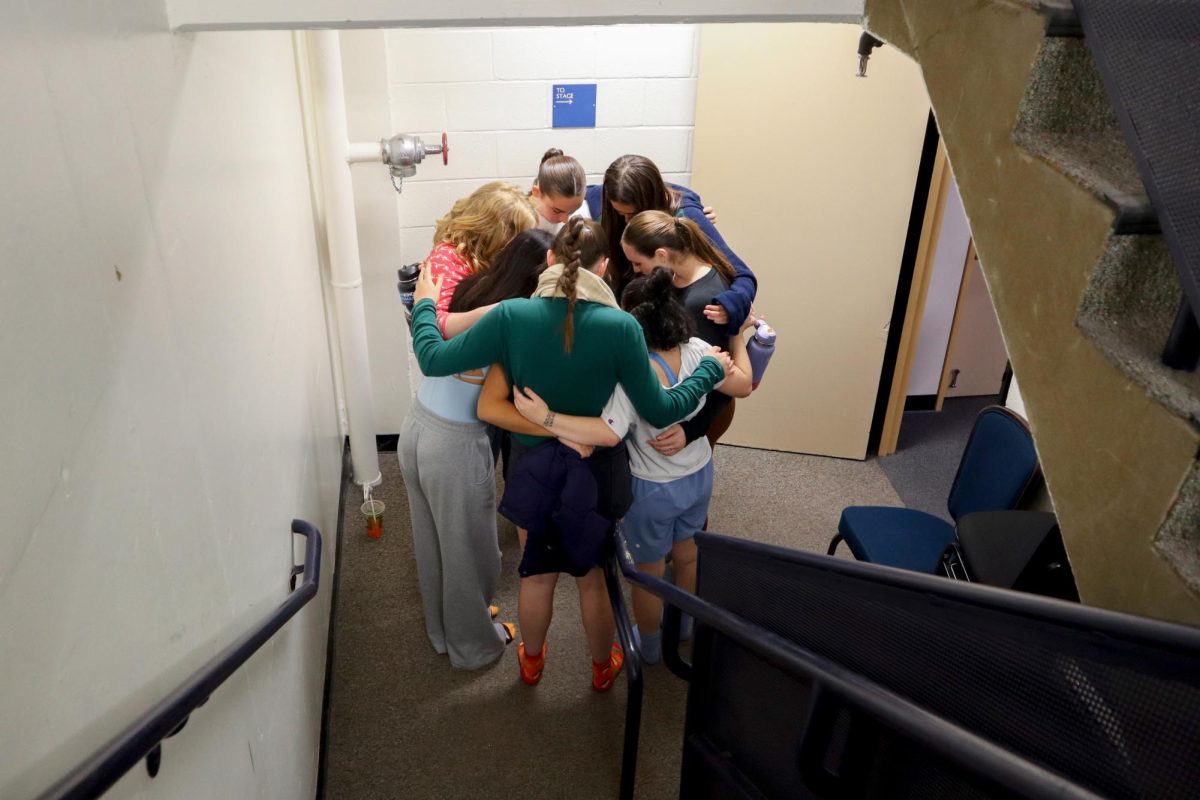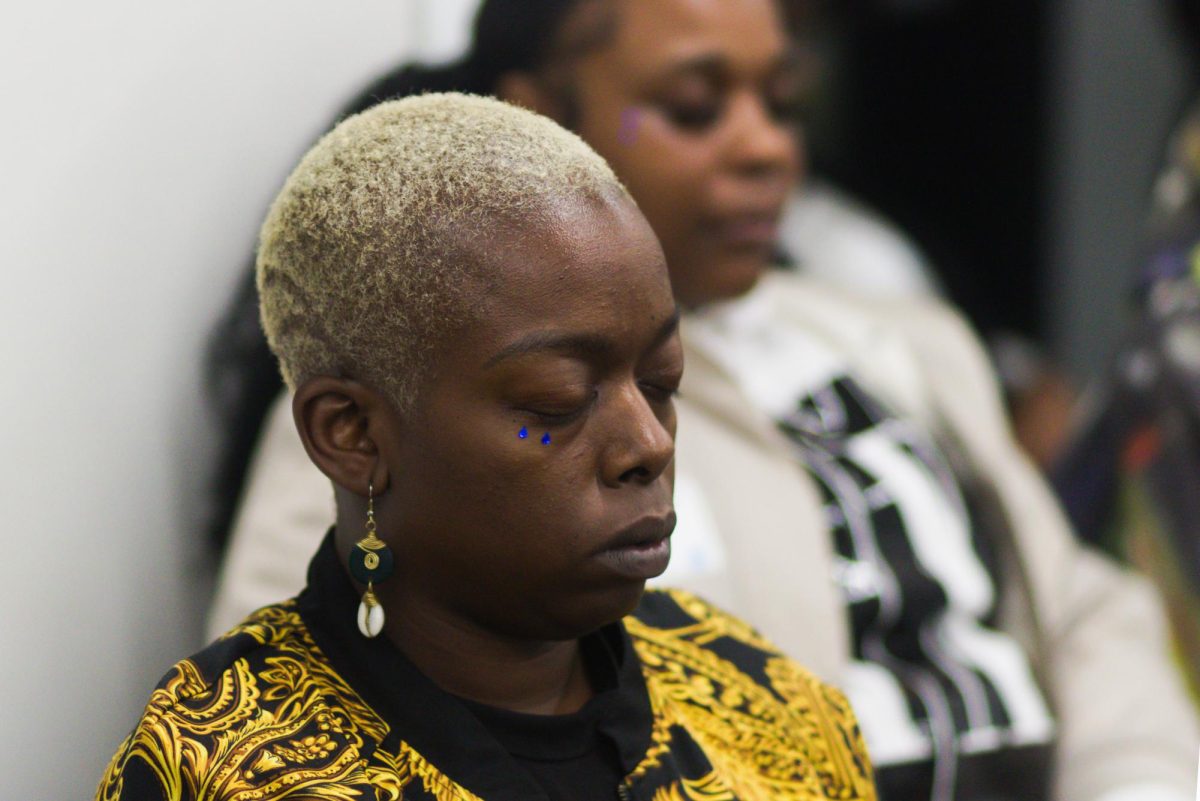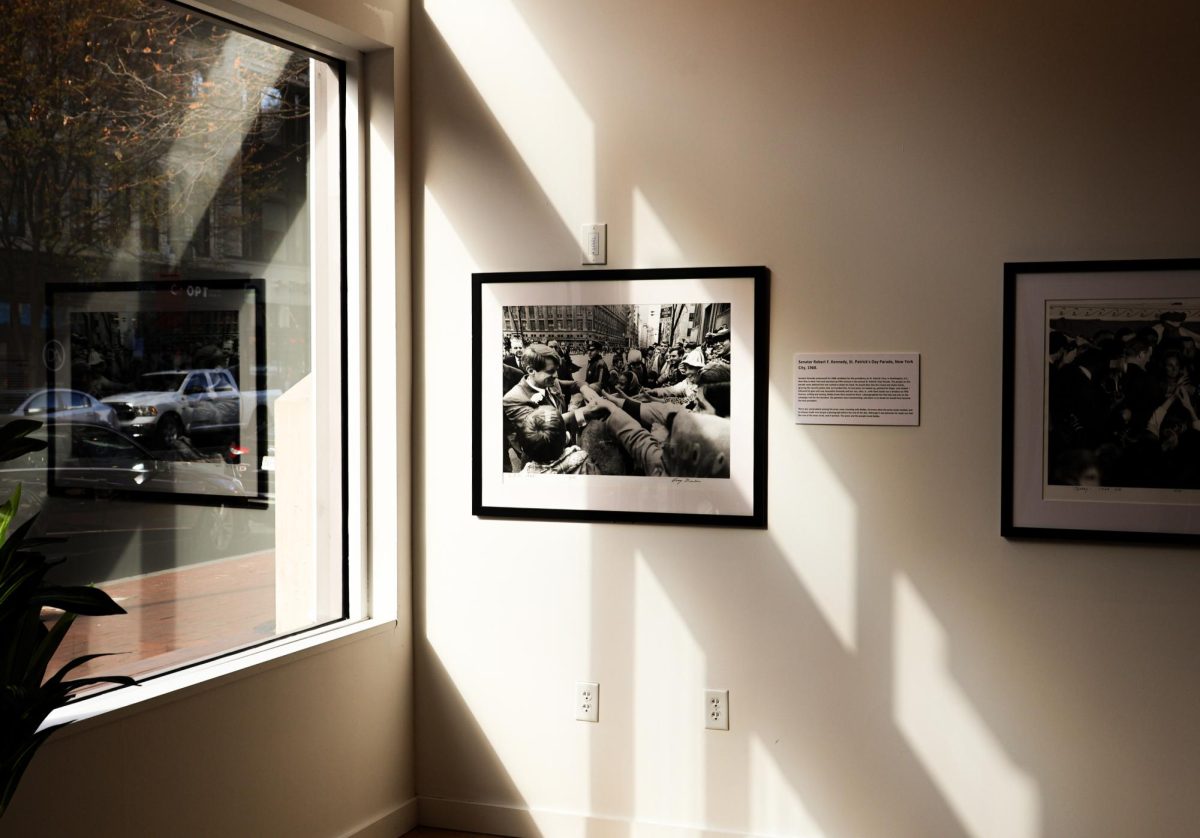Before you throw away all of your food scraps, give composting a try.
Nearly 40 percent of all U.S. food supply is wasted, according to the U.S. Food and Drug Administration. But if you could do anything to reduce that waste, the U.S. Environmental Protection Agency said it should be composting, along with four other efforts like feeding hungry people and animals.
For composting starters, here’s everything you need to know:
What is composting?
Composting is the natural process of recycling organic matter, like leaves and food scraps, into material that can be reused as fertilizer, according to The Natural Resources Defense Council. By composting, you divert organic waste from landfills and reduce the need for chemical fertilizers.
What can I compost?
Anything from leftover fruit scraps and eggshells to old class notes written on paper – yes, you can compost paper with ink – is fair game for composting. GW’s Facilities Planning, Construction and Management division listed these acceptable materials:
- Fruit and vegetable scraps
- Bread
- Eggshells
- Meat
- Bones
- Dairy products
- Tea bags without staples
- Pizza boxes
- Soiled cardboard without tape
- Any product labeled acceptable for industrial composting facilities
What materials am I not allowed to compost?
When in doubt, refer to this list of non-compostable items given by D.C.’s Department of Public Works:
- Milk, cheese or other dairy products
- Meat or fish scraps and bones
- Fats, grease, oil or oily foods
- Plastic bags, wraps or film
- Coated or uncoated paper and cardboard (paper bags, plates, bowls)
- Plastic, metals, foil, glass or Styrofoam
- Pet refuse
- Diseased or insect-infested houseplants and soil
- Biodegradable or compostable plastics and packaging
How do I compost?
Now that you’ve identified your acceptable composting material, you can either take a gallon-sized plastic bag or a reusable container and place your leftover food scraps and paper waste inside. Because most places collect compost once a week, you could place the plastic bag containing your compost into the freezer, then take it out on the appropriate day to avoid any funky smells. You can also buy bins like these made to hold compost and reduce its smell.
Where can I compost?
If you’re living on campus or in Foggy Bottom, composting collections take place on Fridays from 9:30 a.m. to noon at the Kogan Plaza clock tower. This composting program, which was previously run by Campaign GW, is being continued by students in the Office of Sustainability. If you’re living on the Mount Vernon Campus, the collection is in Ames Hall from 8:30 a.m. to 12:30 p.m.
If you’re living off campus but near Foggy Bottom, you can compost at Dupont Circle Farmers Market at 1500 20th St. NW, year-round, on Sundays between 8:30 a.m. and 1:30 p.m.
If you are living in the D.C. area, you can find composting locations at the D.C. Department of Public Works’ Food Waste Drop-Off website.


